Nigeria’s external debt hits a 16 year high of $27 billion in December 2019 just higher than the $20.8 billion in external debt level as at 2005, rising by $17.3bn in just five years.
By December 2006, after we had paid off Paris Club, Nigeria’s external debt was $3.5 billion. Years of lower oil prices, disproportionate spending and defense of the exchange rate has seen the external debt creep back up.
Between the start of 2015 and December 2020, Nigeria’s external debt profile has risen from $9.7 billion to $27 billion.
Most of these debts were borrowed in the first 4 years of the President Muhammadu Buhari’s administration via multilateral, development, bilateral and commercial loans.
The government claims, it had no choice, seeing its oil revenues fail to meet up with target and thus unable to fund Nigeria’s huge infrastructural deficit required to propel economic growth.
While Nigeria’s external debt to GDP remains under 10% and well below global benchmarks, critics of the government have worried about the debt service commitment of about $1.5 billion at the current debt levels.
Available data shows Nigeria’s external debt levels of $27 billion is now about 75% of external reserves of $35 billion.
This is the highest we have seen since 2005. An inverse of the data means Nigeria’s external reserves can now only cover 133% of its external debts and 23x its debt service.
The rising foreign debt profile and the sliding external reserves once again highlights how vulnerable Nigeria’s economy is to external shock. Should the oil price war persist and global crude oil demand fail to pick up, things could go Deep South for the country’s finances.
Unlike in previous economic crisis in 2009 and 2016, Nigeria’s external reserves may not provide the buffer it requires in 2020.
CBN is committed to billions of dollars in forex forward sales and has seen foreign demand for its bills dwindle of late. Without an uptick in crude oil prices and sales, reserves may fall below $30 billion reducing the cover to external debt to below 100%.
This could trigger another round of devaluation and set the stage for a final float of the exchange rate. Various policy recommendations following the COVID-19 pandemic have called for a more flexible exchange rate to relieve the pressure on the external reserves.
If this happens, the exchange rate could take a plunge before finding its level.
The recent crude oil price war and the coronavirus pandemic has demonstrated just far the world can change in just one month.
Between an IMF loan, OPEC agreeing to a deal and the impact of coronavirus ebbing, the world could be a different place in a couple of months and Nigeria could manage to sojourn on.
PV: 0
You may be interested

Neymar Should Have Won Five Ballon d’Or Awards —Buffon
Webby - November 19, 2024Legendary Italian goalkeeper Gianluigi Buffon has said Brazilian star Neymar should have won at least five Ballon d’Or awards.In an…

NPFL: Finidi Satisfied With Rivers United’s Draw Vs Remo Stars
Webby - November 18, 2024Rivers United head coach, Finidi George has expressed satisfaction with his team’s performance in Sunday’s Nigeria Premier Football League (NPFL)…

Van Nistelrooy Applies For Vacant Coventry Coaching Job
Webby - November 16, 2024According to talkSPORT, (Yahoo! Sport) Van Nistelrooy has already applied for the vacant manager role at Championship side Coventry City.This…

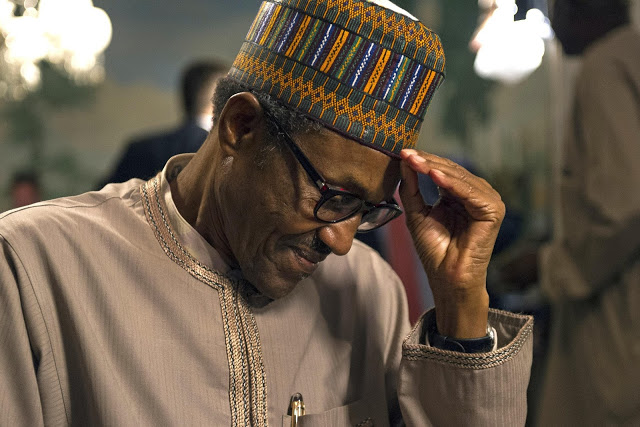
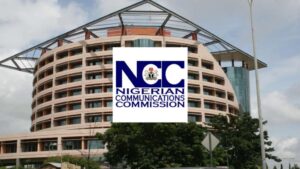
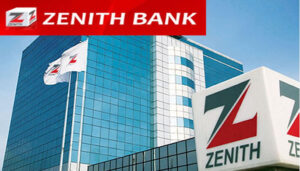
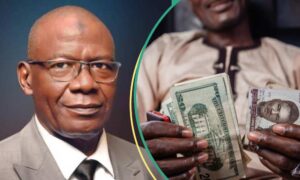

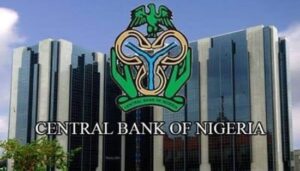












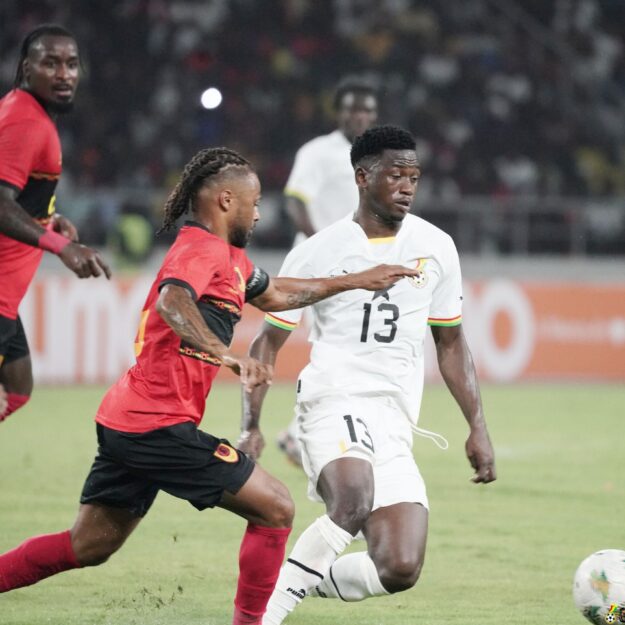


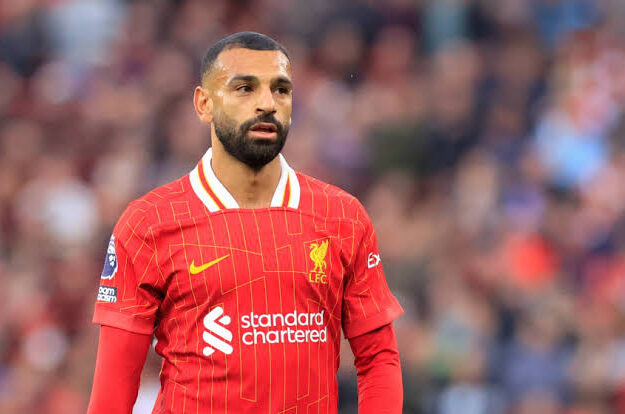

![American Pastor, David Wilson Seen Eating The Box Of Woman Who Isn’t His Wife [Video]](https://onlinenigeria.com/wp-content/uploads/2019/10/american-pastor-david-wilson-seen-eating-the-box-of-woman-who-isnt-his-wife-video-150x150.jpg)









